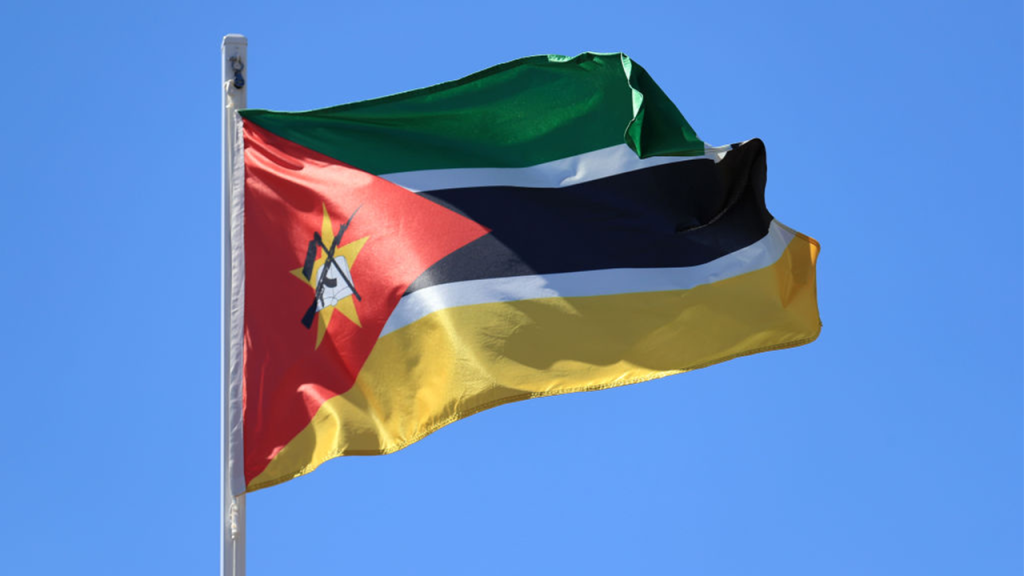At least eight members of a family in Mozambique died after their homemade boat sank in the central part of the country. This incident occurred just days after nearly 100 individuals, including many children, lost their lives in one of the worst shipwrecks in Mozambique’s history. The sinking took place on a tributary of the Zambezi River in Sofala province, with two individuals surviving, two missing, and the rest losing their lives due to what was attributed to “excess weight and bad weather” by state-run Radio Mozambique. This tragic event underscores the dangers faced by many in Mozambique, a country where many areas are only accessible by boats which are often overcrowded.
Mozambique, despite its wealth of natural gas resources, remains one of the world’s poorest nations with limited infrastructure and widespread poverty. This, coupled with the reliance on boats for transportation in many areas, contributes to the frequent occurrence of deadly accidents like the recent boat sinking that claimed the lives of multiple family members. President Filipe Nyusi declared three days of mourning following the April 8 ferry disaster that killed at least 98 people, with reports indicating that the ferry was overcrowded with residents fleeing a suspected cholera outbreak. Despite efforts to improve safety and prevent such tragedies, these incidents continue to highlight the challenges faced by Mozambique’s citizens.
The latest sinking in Sofala province, resulting in the death of multiple family members, has once again drawn attention to the risks associated with utilizing boats as a primary mode of transportation in Mozambique. The country’s public broadcaster, Radio Mozambique, cited “excess weight and bad weather” as factors contributing to the accident, emphasizing the need for greater attention to safety regulations and monitoring of vessel capacities. As Mozambique grapples with its status as one of the world’s poorest nations, the lack of adequate infrastructure and safety measures further imperils the lives of its citizens, particularly those living in remote areas accessible only by boat.
The tragic boat sinking in Mozambique serves as a grim reminder of the dangers faced by those relying on water transport in a country with limited resources and infrastructure. The loss of multiple family members in the recent incident highlights the devastating impact of such accidents on communities already struggling with poverty and lack of access to basic services. Efforts to improve safety and regulate boat capacities must be prioritized to prevent similar tragedies from occurring in the future and protect the lives of Mozambique’s citizens, who often have no choice but to risk their safety in order to travel to remote areas.
Despite being a country rich in natural resources, Mozambique continues to grapple with widespread poverty and limited infrastructure, leading to significant challenges for its citizens. The recent boat sinking, resulting in the deaths of several family members, underscores the urgent need for improved safety measures and regulations in the country’s water transport sector. With many areas accessible only by boats that are often overcrowded, the risks faced by Mozambique’s residents remain high, highlighting the need for concerted efforts to address these issues and prevent further loss of life in similar accidents.
President Filipe Nyusi’s declaration of three days of mourning following the ferry disaster and the subsequent boat sinking that claimed multiple lives in Mozambique serves as a somber reminder of the dangers faced by those reliant on water transport in the country. The tragic incidents highlight the urgent need for enhanced safety measures and regulations to protect the lives of Mozambique’s citizens, particularly those living in remote areas accessible only by boat. As the country grapples with poverty and lack of infrastructure, addressing the risks associated with water transport must be a priority to prevent further loss of life and ensure the safety of those who depend on boats for their livelihoods.













